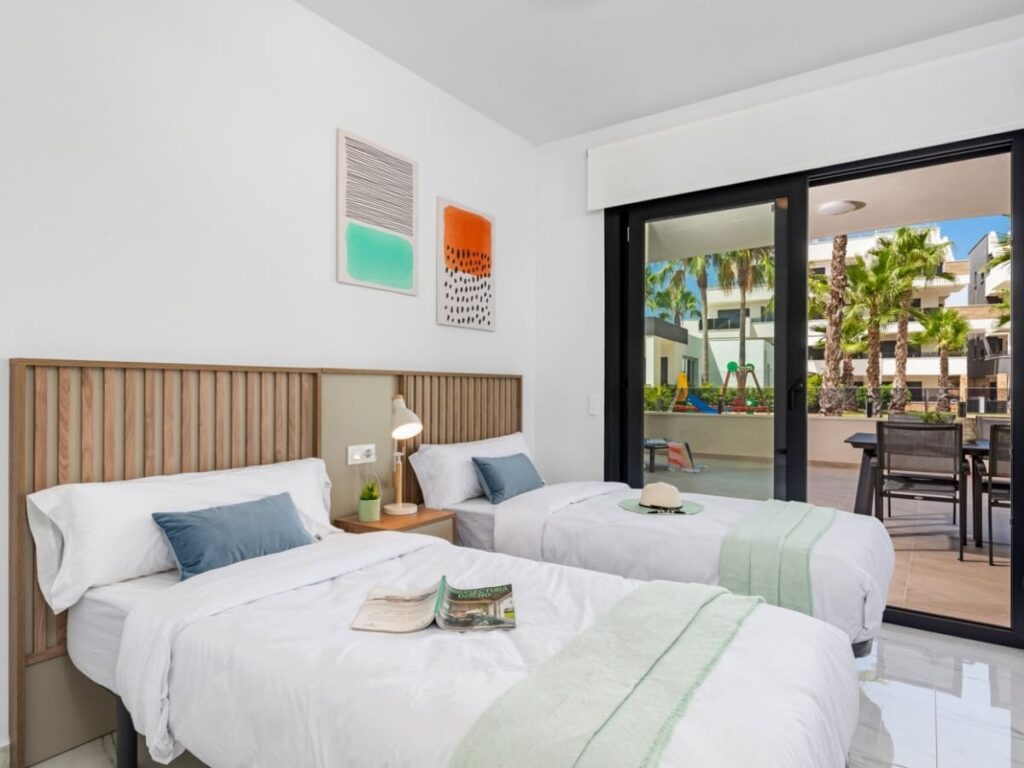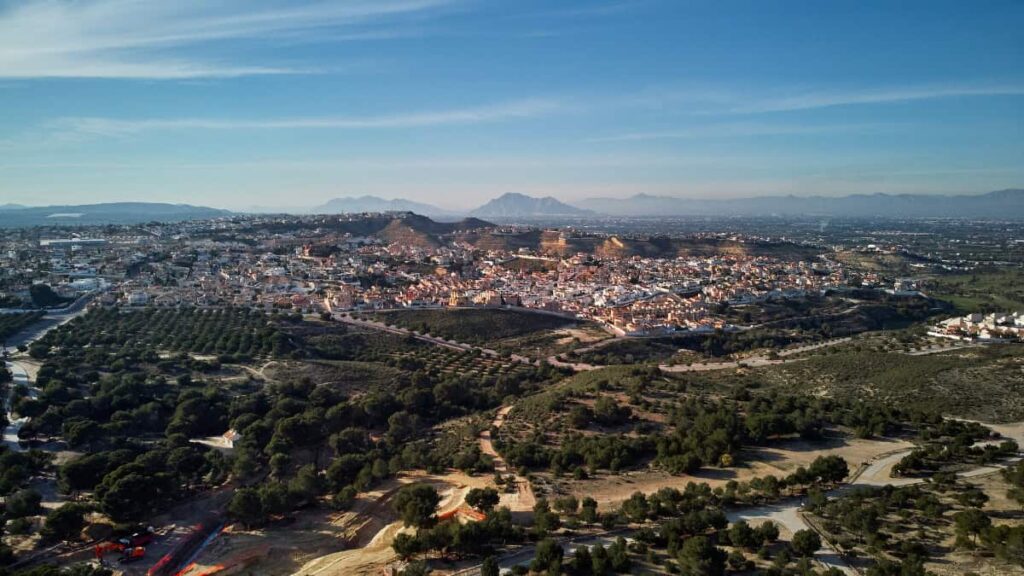Relocating to Spain is a dream for many, from retirees chasing the sun to professionals drawn by the relaxed Mediterranean lifestyle. But beyond the promise of beaches and good weather, moving to Spain brings new experiences, adjustments, and lessons. Understanding how to adapt to Spanish culture, navigate local bureaucracy, and find the right place to live is key to a smooth transition. Whether you are looking for a second home or planning a permanent move, preparation and trusted local guidance make all the difference in settling into your new life with confidence and ease.
Moving to Spain: what to expect when starting a new life
Living and Investing in Costa Blanca
From buying a new-build apartment to managing rentals or preparing a property for sale, Casa Capital supports you every step of the way. With licensed expertise, strong local partnerships, and a focus on maximizing returns, we ensure your investment in Costa Blanca is secure, profitable, and stress-free.
The Essential Steps to Building a New Life in Spain
Adapting to a New Way of Life
Life in Spain revolves around community, outdoor living, and a slower rhythm. The siesta, later dinners, and long social evenings can be an adjustment for newcomers who are used to more structured routines. Over time, most expats come to appreciate the Spanish approach to life, which prioritizes balance, relationships, and enjoying the moment. Embracing this shift means taking time to slow down, connect with people, and enjoy the small pleasures of daily living, whether it’s morning coffee at a local café or an evening stroll through the neighborhood.
Practical Steps Before Moving
Every successful relocation starts with preparation. Administrative essentials include applying for a NIE number, opening a local bank account, and registering at the town hall (empadronamiento). These steps are necessary for anyone planning to live in Spain long term. The process can be slow and language differences often add complexity, so seeking local assistance is highly recommended.
It is also wise to research healthcare options, tax responsibilities, and education systems in advance. Spain offers both public and private healthcare, but registration rules may differ depending on your residency status. Families moving with children should explore nearby schools and assess whether international or bilingual education best fits their needs.
Choosing the Right Location
Each region of Spain offers a different atmosphere, lifestyle, and pace. The Costa Blanca remains one of the most popular areas among international residents thanks to its mild climate, coastal beauty, and strong infrastructure. Communities such as Orihuela Costa, Ciudad Quesada, San Miguel de Salinas, and Benijófar provide a balance between modern living and traditional Spanish charm.
When choosing where to live, consider what matters most to you: proximity to the coast, local services, community atmosphere, or transport links. Many newcomers find that visiting potential areas first helps them decide where they feel most at home.
Integration and Social Life
Building a social network is one of the most rewarding parts of moving to Spain. Locals are generally friendly and open, especially when newcomers make an effort to engage. Taking Spanish language classes is one of the easiest ways to meet people and improve daily communication. Participating in local festivals, joining clubs, or volunteering within the community also helps create a strong sense of belonging.
Online platforms and expat groups can be helpful during the early stages of settling in. They provide valuable advice on everything from where to find a good notary to how to navigate the Spanish healthcare system.
Overcoming Common Challenges
Spain’s relaxed pace and emphasis on social living are part of its appeal, but they can also be a source of frustration for newcomers. Bureaucratic processes can take longer than expected, and communication may feel less direct than in Northern Europe. These differences often require patience and adaptability.
The key is preparation. Having essential documents translated, scheduling appointments early, and working with trusted local advisors can prevent unnecessary delays. Over time, many expats find that adapting to Spain’s rhythm leads to a more balanced and enjoyable lifestyle.
Our services

Rent-Ready Setup
Turn your home into a guest magnet. Styling, design, and premium photography that maximizes bookings and sales value.

Rental Management & Cleaning
From guest communication to spotless cleaning, we manage everything with Amsterdam standards and local expertise.

Buying or Selling
Licensed real estate guidance for buyers and sellers. From new builds to resales, with trusted partners like Adema & van Delft.

Consultancy
Smart advice on returns, regulations, and strategy. Helping owners and investors make confident decisions in Costa Blanca.
How Casa Capitals Supports Your Move
Moving to Spain becomes much easier with the right local partner. Casa Capitals provides professional property management, consultancy, and rental services for homeowners and newcomers across the Costa Blanca. Their expert team assists with every step of the process, from purchasing and maintaining a property to setting it up for rental or personal use.
Casa Capitals combines extensive local expertise with a personal, service-oriented approach. The team helps clients navigate paperwork, connect with reliable suppliers, and manage their property efficiently. For homeowners living abroad or investors entering the Spanish market, this local support offers peace of mind and ensures that every detail is handled with care.
Whether you are relocating permanently or investing in a holiday property, Casa Capitals helps you make the transition smoothly and confidently. With their guidance, you can focus on enjoying life in Spain while they take care of the practical side of ownership.
Related articles
And why personal guidance makes all the difference
Step by step explained and why outsourcing is often the smarter choice
Ciudad Quesada is a popular destination on the Costa Blanca South, well known among international travellers looking for sunshine, relaxation
Accommodations
Contact us
- +31648358835
- casacapitals@gmail.com
- Calle Lago de Sanabria 3, 03189, Orihuela
